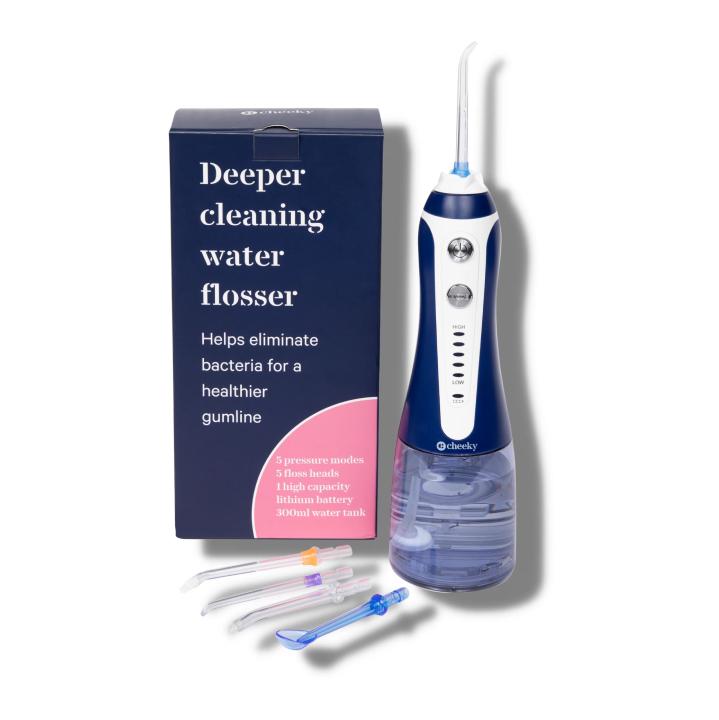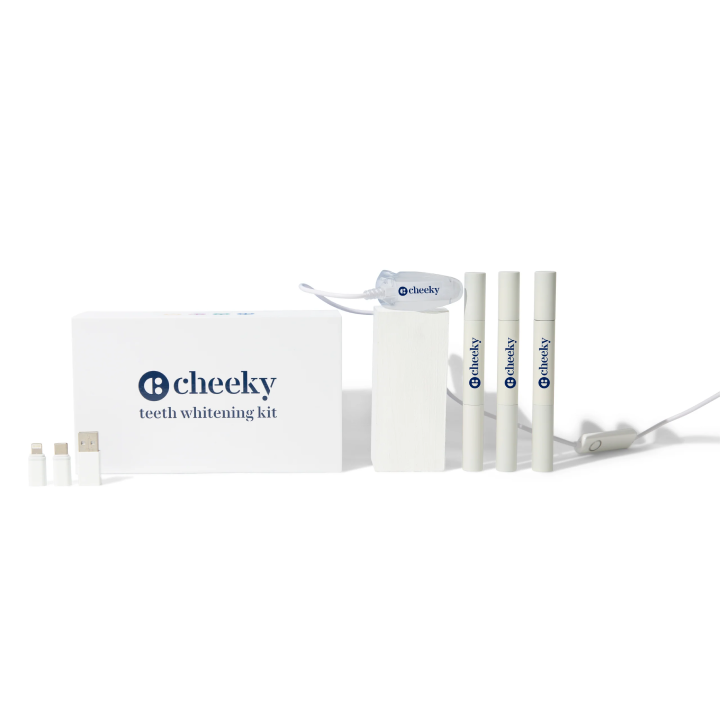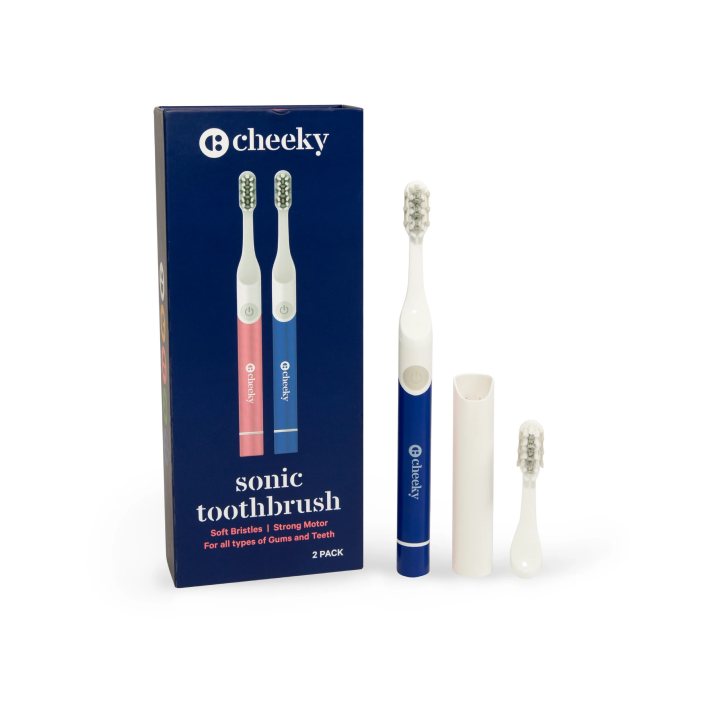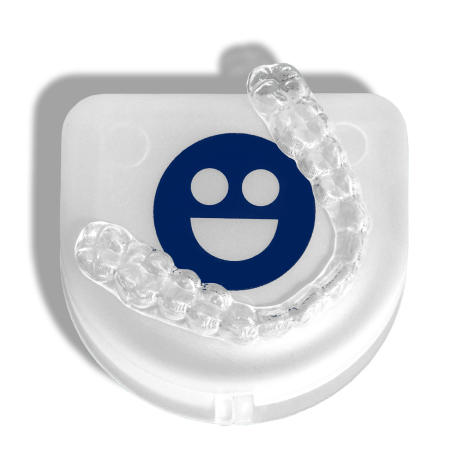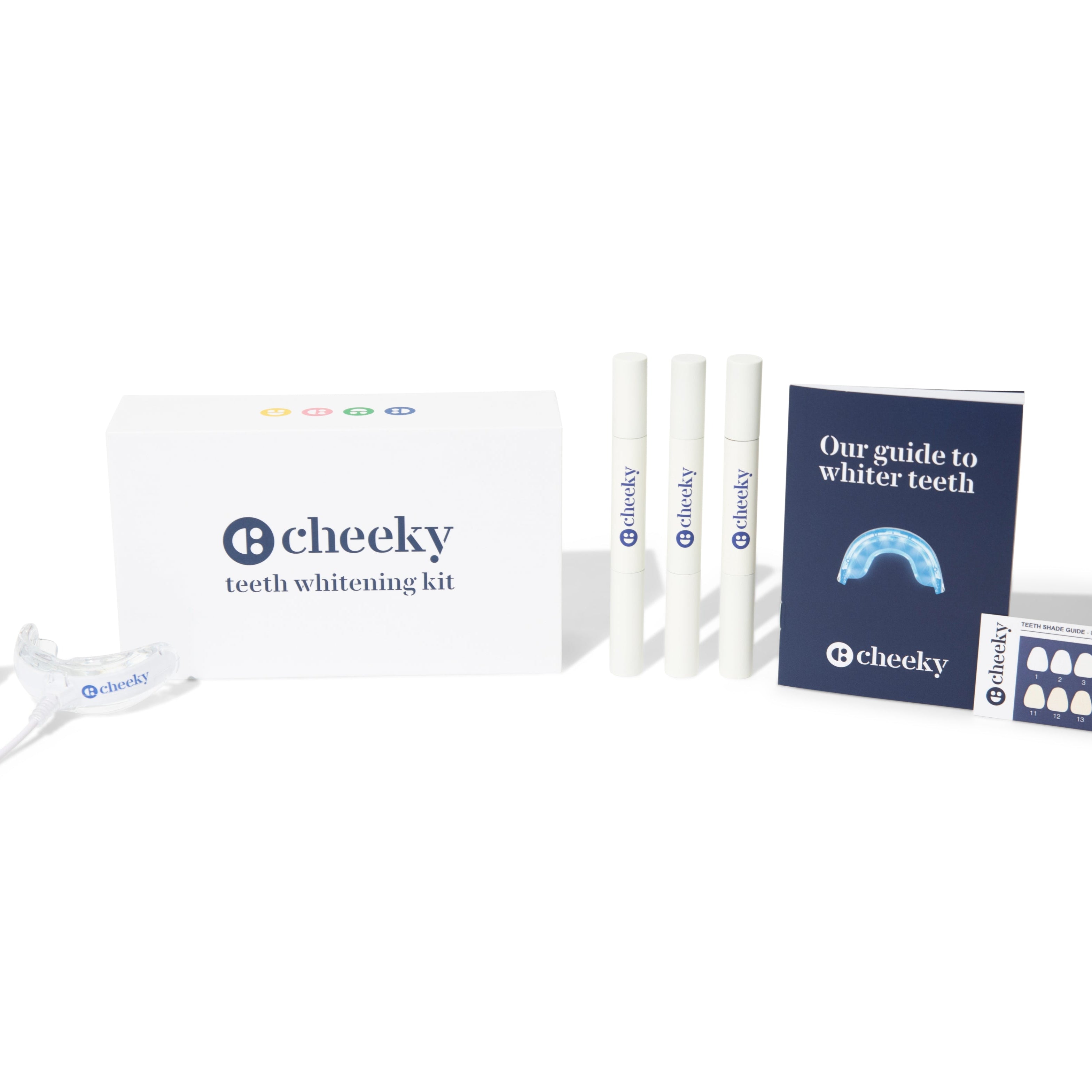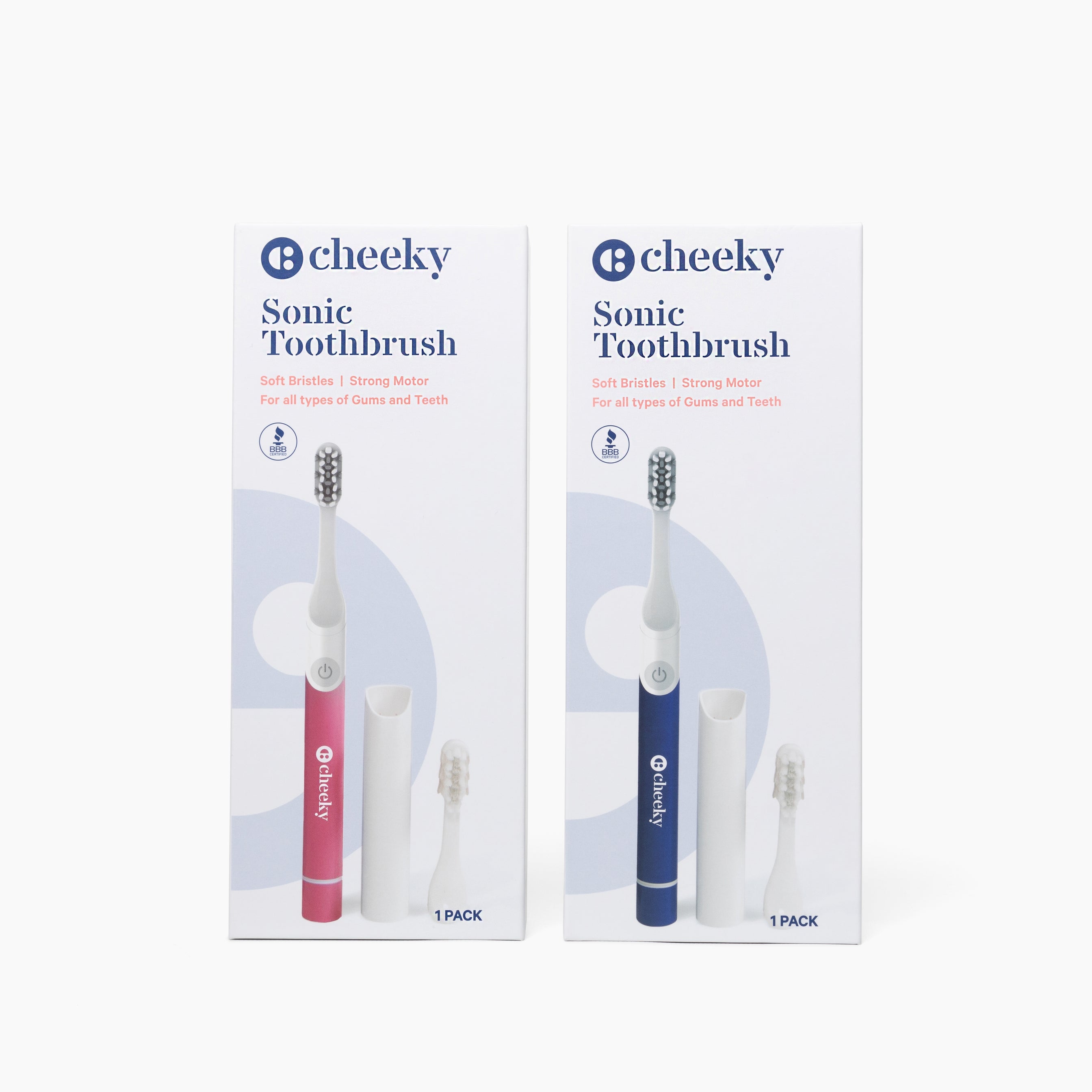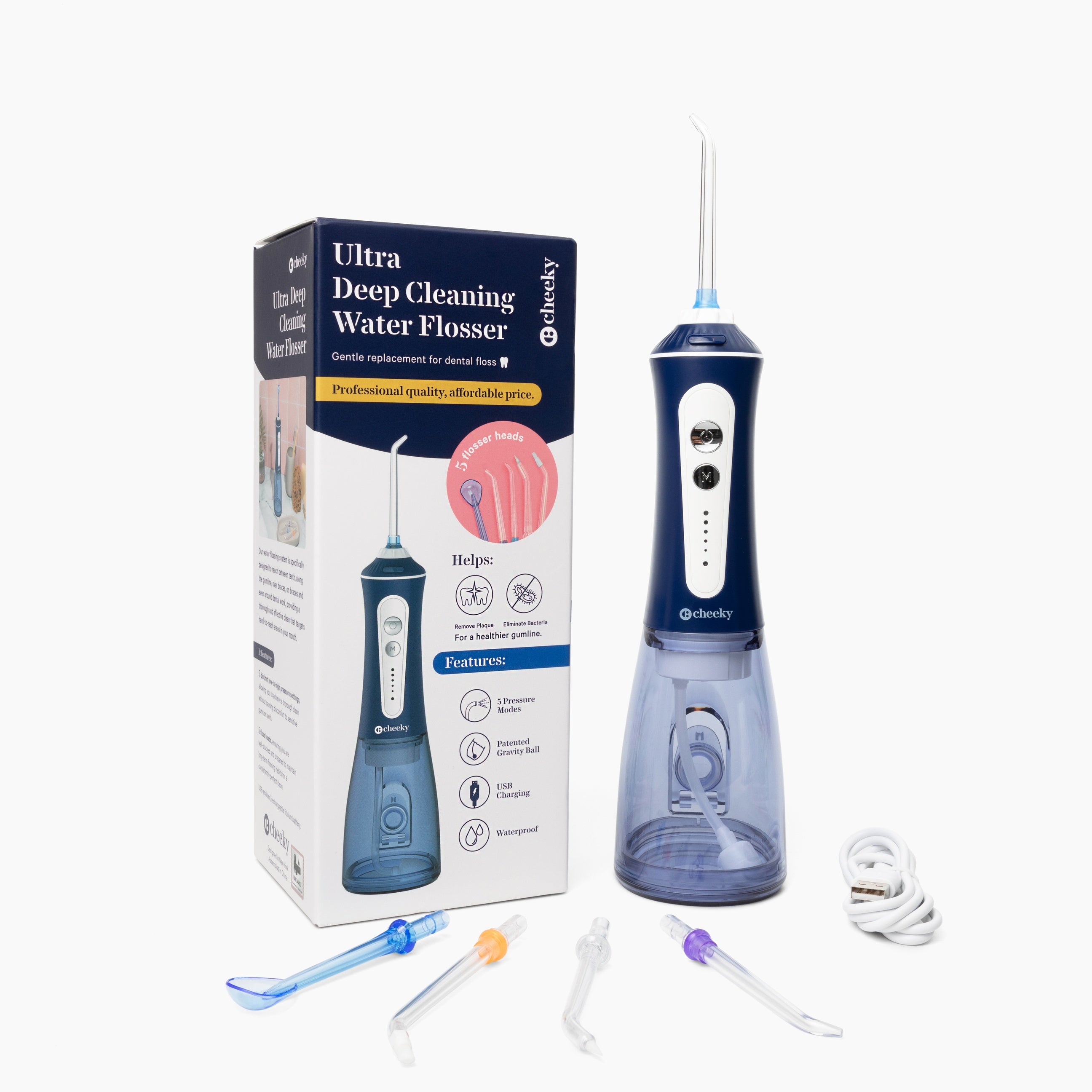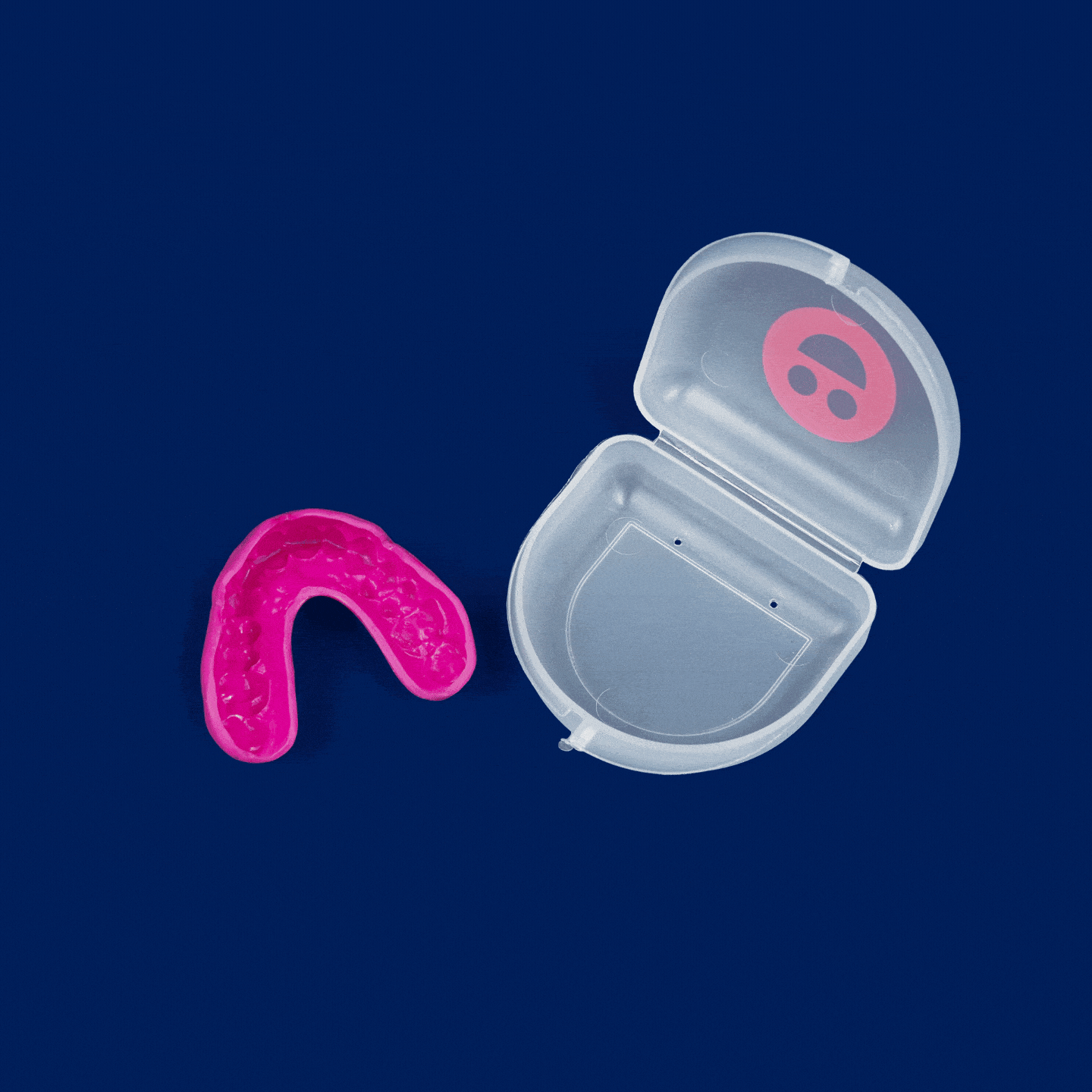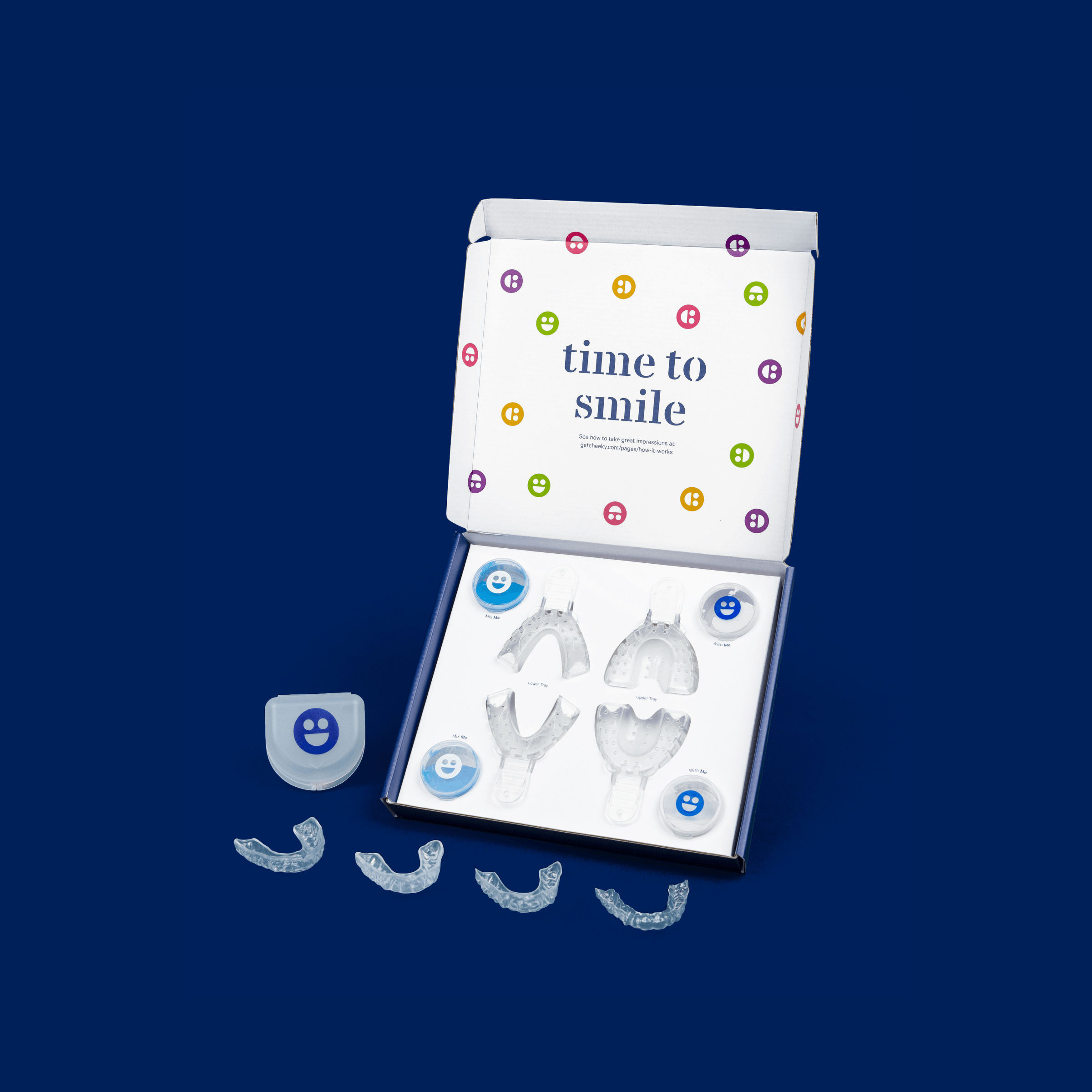Mouth Guards Vs Botox for Teeth Grinding: Which is More Effective & Safer?

Bruxism, or teeth grinding, is a condition that causes jaw pain, headache, tooth damage, and sleep disruption. It’s often a result of stress, sleep disorders, Temporomandibular Joint (TMJ) conditions, or bite mal-alignment. The two known treatment options that dentists often recommend are Botox for teeth grinding and custom-fit mouth guards.
Botox treatment involves injecting the masseter muscle with botulinum toxin to reduce the intensity of grinding and clenching. On the other hand, mouth guards provide a non-invasive way to protect teeth and relieve the tension in the muscles of the jaw.
This guide compares the two methods and highlights why mouth guards are a more suitable long-term solution for patients with chronic jaw pain and grinding.
What is Botox for Teeth Grinding?

How Botox Works in the Masseter Muscle
Botox for teeth grinding involves the injection of botulinum toxin to temporarily weaken the masseter muscle. Doctors inject Botox into the jaw to reduce the muscle strength and activity when it clenches. The decreased activity can provide relief from bruxism symptoms, including jaw pain, headache, and tooth wear.
The Botox is injected in the masseter and temporalis muscles during treatment because they're mostly responsible for jaw clenching. The treatment doesn't cure bruxism, but can reduce the force exerted by the jaw muscles during sleep bruxism or clenching during the day.
Clinical Effects of Botox Treatment
Botox injections take effect within 3 to 7 days, with the peak clinical effect at two weeks. You can get relief from symptoms like facial tension, teeth grinding, and pain in 3 to 6 months. Masseter Botox temporarily alters facial contour by decreasing muscle bulk.
While you may experience temporary relief from bruxism with Botox, you'll need to schedule regular, ongoing treatments to continue managing your symptoms. Botox doesn't address underlying causes such as excessive stress levels, sleep apnea, or malocclusion.
Advantages and Disadvantages of Botox Treatment for Teeth Grinding

Advantages:
-
Weakens the masseter muscle to reduce grinding and clenching capability
-
May reduce pain in the jaw, facial tension, and morning headaches
-
Can improve the quality of life for people with severe symptoms of bruxism
Disadvantages:
-
Effects are temporary and require repeated injection sessions
-
Costly in the long term with little insurance coverage
-
Potential side effects include muscle weakness, chewing difficulty, and facial asymmetry
-
Doesn't protect teeth from continued grinding or address the underlying causes of bruxism
Clinical trials indicate that botulinum toxin can relieve some symptoms but is not more effective than other therapies in the long term. In a meta-analysis published in PLOS ONE, Saini and others (2024) found that Botox therapy was less effective in the long-term compared to mouth guards in managing pain related to bruxism.

What are Mouth Guards and How Do They Work?
Mouth guards are oral appliances designed to protect teeth from grinding and reduce pressure related to jaw clenching. The most common types include:
-
Boil-and-bite guards
-
Semi-custom over-the-counter options
-
Fully custom-fit night guards created from dental impressions
For instance, mouth guards from Cheeky provide maximum protection and comfort since they're custom-fitted to the shape of your teeth and mouth.
How Mouth Guards Help with Teeth Grinding
When you grind your teeth, you generate a significant amount of force through the muscles of your jaw. Mouth guards create a cushion between your teeth, protecting them from wear and reducing pressure on the temporomandibular joint. They minimize the degree of strain on the muscles used for chewing, especially the masseter muscle.
Mouth guards also alleviate pain and morning soreness, making them one of the most effective and accessible treatments for bruxism available today.

Benefits and Drawbacks of Mouth Guards
Benefits:
-
Safe and non-invasive for everyday wear
-
Protect teeth from injury, enamel wear, and cracked teeth
-
Minimize jaw pain and decrease temporomandibular joint tension
-
Low-cost long-term solution
-
Custom guards give comfort and fit well
Drawbacks:
-
You must wear them on a constant nightly basis
-
You'll need to clean them frequently and replace them periodically
-
Over-the-counter varieties are often bulky and less effective
Generally, mouth guards work well as a treatment for bruxism. They're a reliable tooth protector and can help minimize clenching and discomfort in the long term.

Botox vs Mouth Guards: Cost, Duration & Practicality
Cost Comparison
Botox injections cost between $300 and $600 per session and you must schedule follow-up appointments every three to four months. This can be very expensive over time.
Mouth guards, specifically custom night guards by Cheeky, are a more affordable and longer-lasting solution for most cases of bruxism. They cost only $96 per guard, and you can clean and wear them every day for a long time.
Duration and Maintenance
While a Botox treatment lasts for around 3 to 6 months, mouth guards provide long-term night-time protection and pain relief, as long as you clean and wear them regularly.
Accessibility & Ease of Use
You’ll need a medical professional to administer Botox injections. However, a custom night guard from Cheeky involves a simple home impression kit and no in-office visits.
We'll send you an easy-to-use at-home impression kit with a pre-paid return shipping label. Once we get your impressions back and scan them, our licensed dentist will email you a detailed report with any issues and professional recommendations tailored to your situation.
Order a telehealth dental impression checkup, and get started today.
When Botox Might Make Sense:
-
Extreme teeth grinding or jaw clenching that doesn't respond to other treatment options
-
Individuals with large masseter muscles or facial tension
-
Short-term need for pain relief or cosmetic shaping
When Mouth Guards are the Better Option:
-
Mild or moderate symptoms of bruxism
-
People who desire a safe, affordable, non-surgical remedy
-
Individuals who want to protect their teeth from grinding damage
Shop our custom-fit night guards to get dentist-level protection against grinding. We design them to fit snugly and cushion your bite, helping to reduce clenching, prevent chipping of teeth, and ease jaw tension.

Other Treatments to Consider Alongside Mouth Guards
Bruxism treatment typically involves addressing a number of contributing factors, such as stress, TMJ disorders, sleep disorders, and dental misalignment. While mouth guards physically protect, complementing them with supportive therapies can help you regain control over teeth grinding and clenching habits. Some of the strategies that can help include:
-
Stress Management: Anxiety and stress can cause jaw clenching and prompt you to grind your teeth. Stress management skills, such as cognitive behavioral therapy, breathing exercises, or meditation, can help reduce emotional tension.
-
Sleep Hygiene: Poor sleeping habits and disorders, such as sleep apnea, can cause bruxism. A regular bed schedule, reduced exposure to blue light, and the treatment of sleeping disorders can help relax head and neck tension while sleeping.
-
Physical Medicine Therapies: Massage, jaw exercises, and posture correction can promote muscle relaxation of the entire head, jaw, and neck. These therapies reduce tension in the TMJ and prevent pain transmission into other areas of the body.
-
Dental Corrections: Malocclusion or bite issues are examples of physical causes of bruxism. A dentist or doctor might recommend orthodontics or bite adjustments to ease strain and protect other teeth from wearing out unevenly.
Check out our best sellers for oral care tools designed to support these various factors and promote your dental health.
Frequently Asked Questions (FAQs)
Can Botox Stop Teeth Grinding?
Botox can reduce the intensity of teeth grinding by easing the tension in the masseter muscle, which is one of the principal muscles responsible for jaw-clenching. When botulinum toxin is injected into the area, it tightens up the muscle and prevents its movement. Botox doesn’t cure bruxism or its underlying causes, such as anxiety, sleep apnea, TMJ disorders, or bite irregularities. Many patients still benefit from conventional treatment options like mouth guards.
What is the Best Treatment for Teeth Grinding?
The best treatment depends on your specific needs and the severity of your symptoms. For most people, a custom night guard prescribed by a dental professional provides superior teeth grinding control with tooth protection. In severe cases, your doctor may recommend other treatments, such as masseter botox, physical therapies, and stress management.
What is the Best Alternative to Botox for Grinding Teeth?
The best non-surgical substitute to Botox for grinding teeth is custom-fit mouth guards. They protect your teeth and temporomandibular joint from unnecessary pressure, reduce pain, and morning headaches. In contrast to masseter Botox, mouth guards don’t carry risks like muscle weakness, irritation, or facial asymmetry, making them a better alternative.
Why are Gen Zs Saying No to Botox?
Gen Zs value long-term health and wellness over a quick fix. They’re concerned about getting neurotoxins like botulinum toxin injected into their systems and prefer treatments addressing root causes like sleep, stress, and lifestyle factors. There’s greater awareness of the potential harmful effects, such as facial asymmetry and muscle weakness, if you use Botox for cosmetic changes like reducing wrinkles or addressing clenching.
Does Botox for Bruxism Change Face Shape?
Yes, Botox can change your face shape when injected into the masseter muscle. The injected area of the face may slim over time due to muscle atrophy, especially in patients who suffer from severe jaw clenching. While some see this as a cosmetic benefit, it may also lead to an imbalanced appearance if the injection affects adjacent muscles. It’s important to work with a qualified provider to evaluate your goals and risk factors, including any other conditions such as TMJ or chronic migraines.
Conclusion & Recommendations
Botox for teeth grinding brings relief to some patients, especially those experiencing extreme masseter activity or short-term cosmetic concerns. However, it’s temporary, costly, and doesn't protect teeth from grinding.
Mouth guards, specifically custom options, provide daily protection and relief from jaw pain, tooth damage, and muscle tension.
Generally, mouth guards are the safer and more practical choice for treating bruxism. If you're dealing with grinding and clenching, start with a high-quality night guard to protect your smile and relieve jaw tension.
References
-
Chahrour, M., Reda, B., & Chahrour Sr, M. (2025). Assessment of Using Occlusal Splints Without Other Adjunctive Treatment Modules in the Management of Temporomandibular Disorders: A Systematic Review of Literature. Cureus, 17(8).
-
Chisini, L. A., Pires, A. L. C., Poletto-Neto, V., Damian, M. F., Luz, M. S., Loomans, B., & Pereira-Cenci, T. (2024). Occlusal splint or botulinum toxin-A for jaw muscle pain treatment in probable sleep bruxism: A randomized controlled trial. Journal of Dentistry, 151, 105439.
-
Saini, R. S., Ali Abdullah Almoyad, M., Binduhayyim, R. I. H., Quadri, S. A., Gurumurthy, V., Bavabeedu, S. S., ... & Heboyan, A. (2024). The effectiveness of botulinum toxin for temporomandibular disorders: A systematic review and meta-analysis. PLoS One, 19(3), e0300157.
